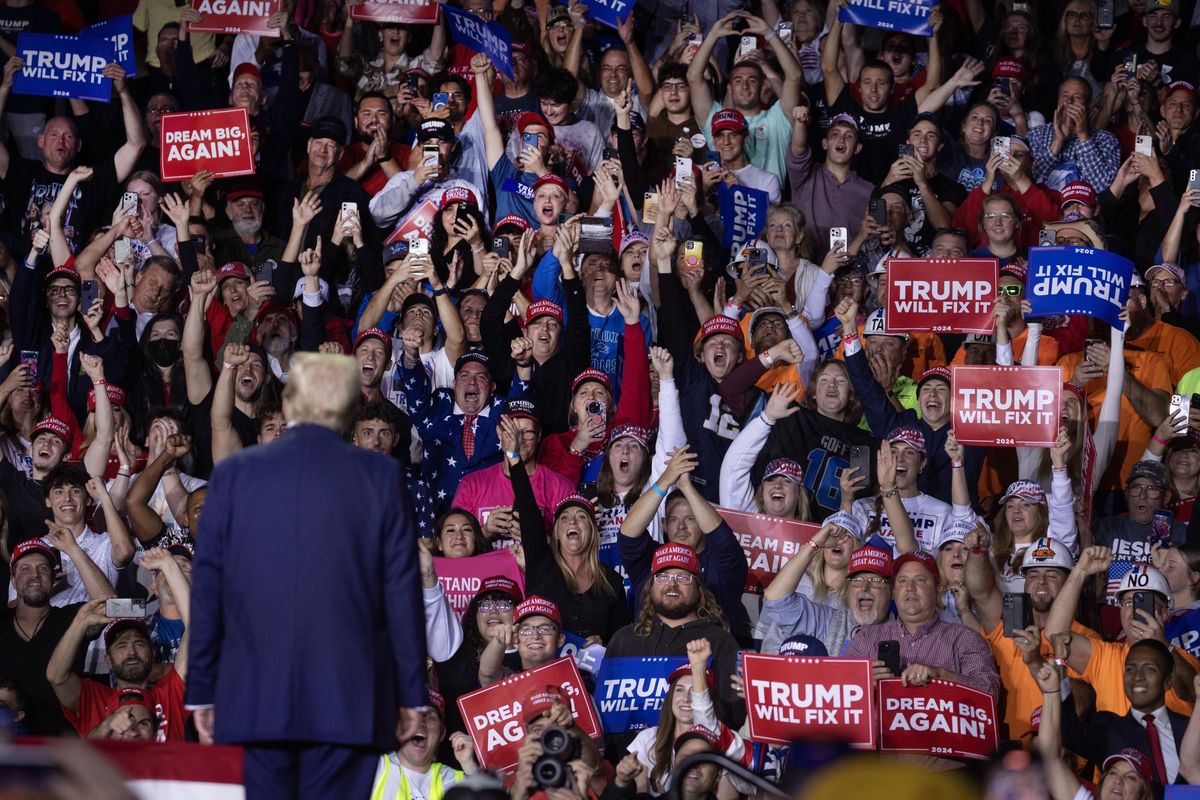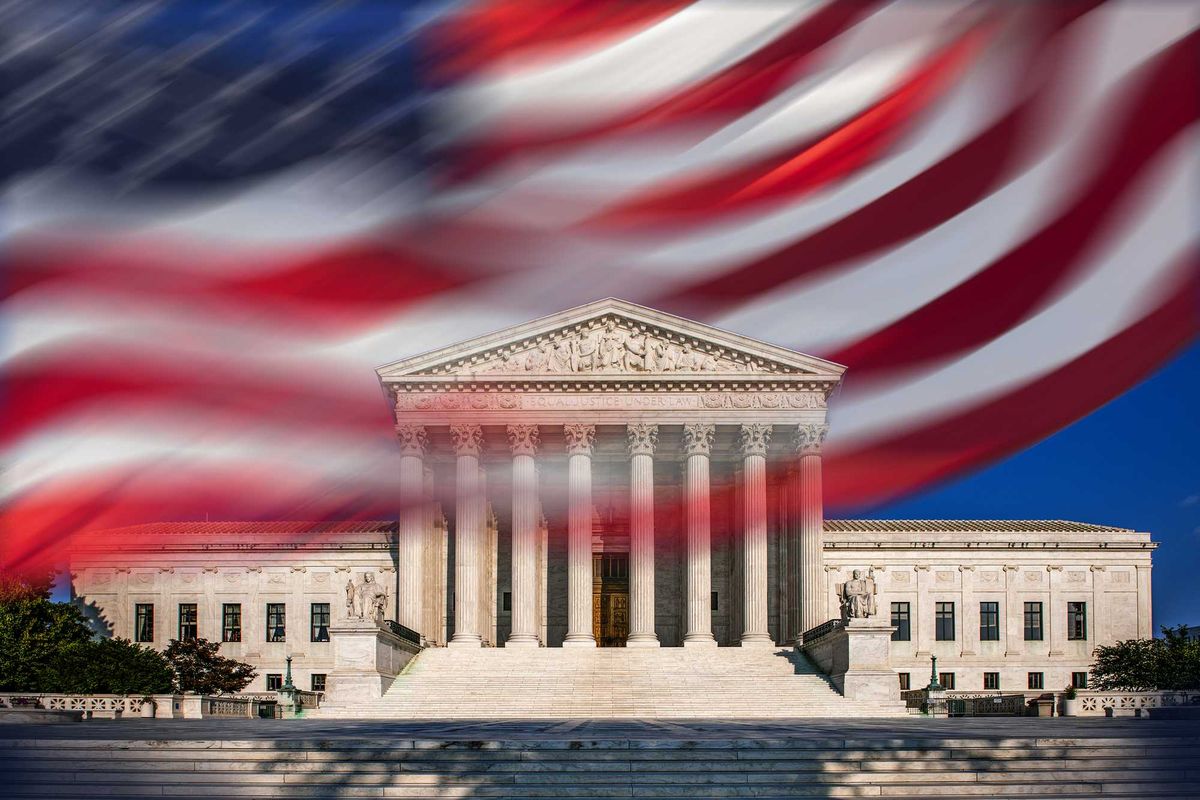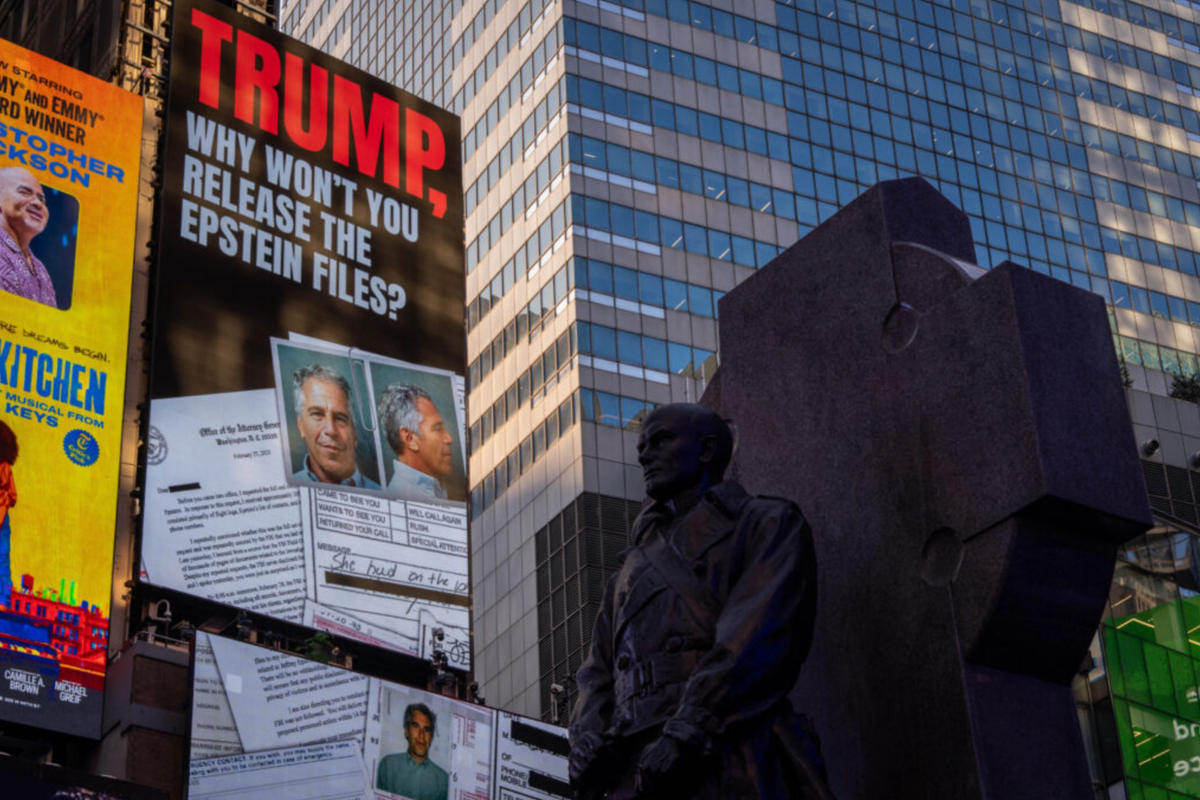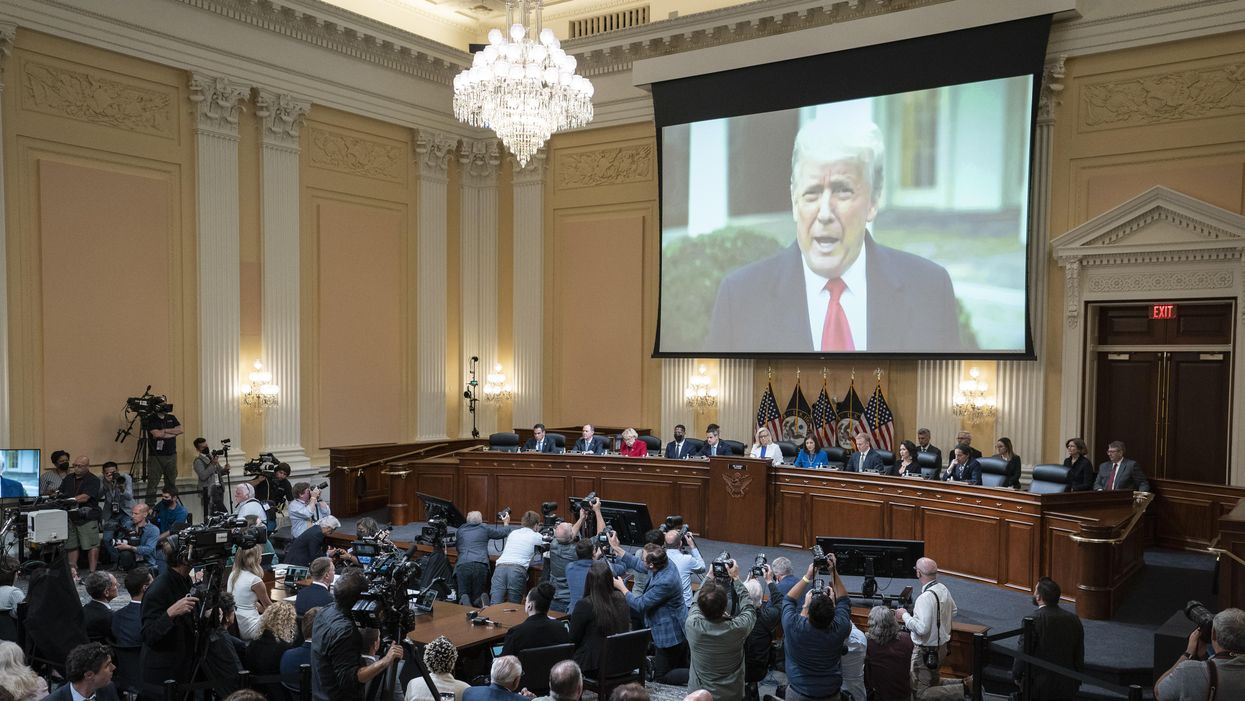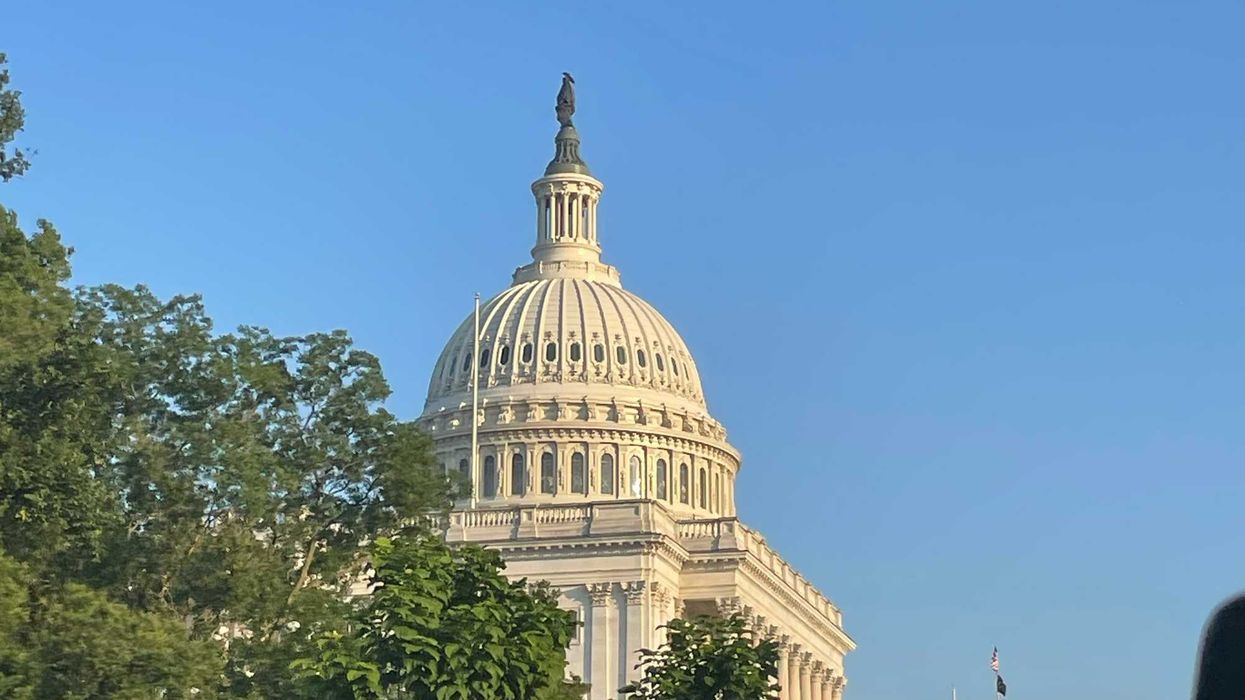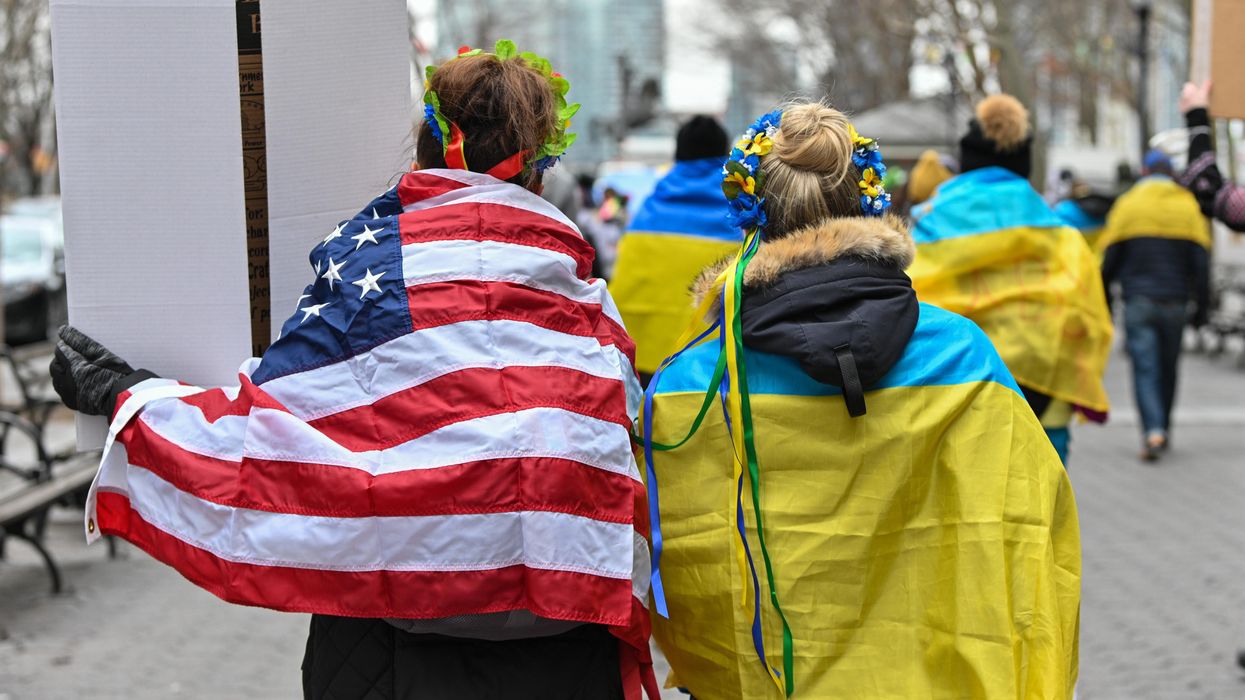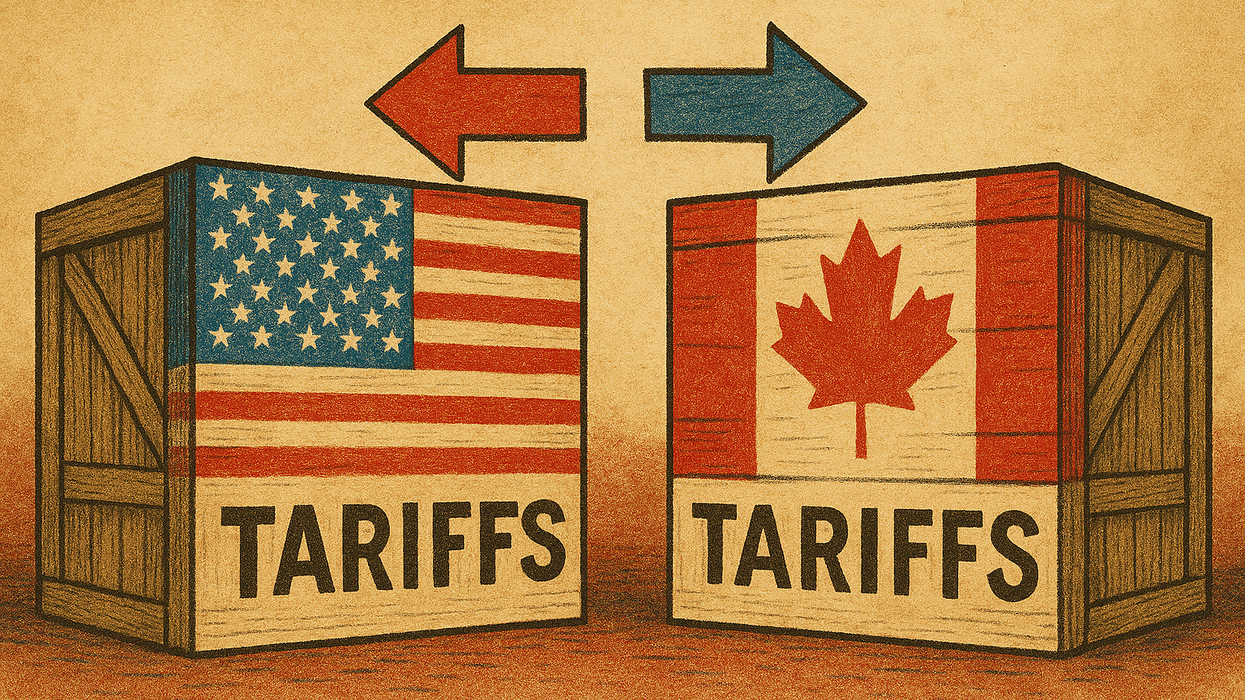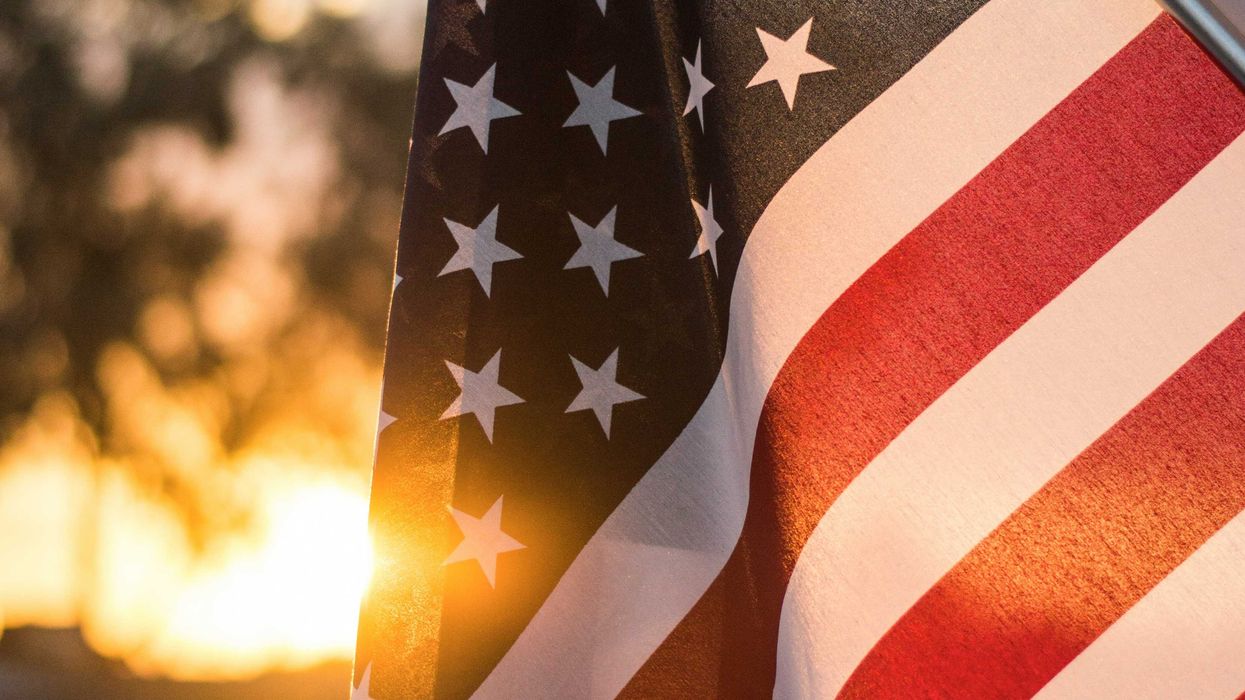Bakken is a professor of law at the United States Military Academy West Point.
During the prime-time hearing on July 21 of the House Jan. 6 committee, the two panel members leading the hearing used the phrase “dereliction of duty” to describe the conduct of then-President Donald Trump.
Trump “was told by everyone to halt the violence,” Rep. Elaine Luria, a Democrat from Virginia, said. “But he refused to do anything. ... It was a dereliction of duty.”
GOP Rep. Adam Kinzinger of Illinois also described Trump’s inaction as a “dereliction of duty.”
“President Trump did not fail to act,” Kinzinger said. “He chose not to act.”
They echoed the media pundits, politicians and others who are using the same term, “ dereliction of duty ” to describe Trump’s inaction on Jan. 6, 2021.
The justification for using that term is that Trump encouraged attendees at a rally to march on the Capitol and then failed to do anything to stop the violence once they had invaded the U.S. Capitol building, despite the pleas of his staff, political leaders and his family to do so.
Committee Chairman U.S. Rep. Bennie Thompson, a Democrat from Mississippi, didn’t use “dereliction of duty,” but he detailed Trump’s inaction for 187 minutes between the time the president ended his speech at the rally near the White House at 1:10 p.m. and when he asked the rioters to leave in a video taped message from the Rose Garden at 4:17 p.m.
“Even though he was the only person in the world that could call off the mob he sent to the U.S. Capitol,” Thompson said, “he could not be moved to rise from his dining room table, and walk the few steps down the White House hallway, into the press briefing room, where cameras were anxiously, and desperately, waiting to carry his message to the armed and violent mob.”
Given that most people believe dereliction of duty is a failure to take action that is legally required, the phrase can be used in this context to summarize a broader behavior and offer a way to cast blame.
As a former prosecutor in New York City and a professor of law at West Point, I believe that most people find solace in casting the most disparaging label possible upon an adversary.
The House committee investigating President Trump’s actions on Jan. 6 may find that he did not fulfill his duty to “take Care that the Laws be faithfully executed,” a requirement of each president, detailed in Article 2, Section 3 of the Constitution.
The committee might find – and it apparently has, based on testimony presented throughout its hearings – that Trump’s failure to ensure that rioters would not storm the Capitol, and his failure to stop them once they were there, amounted to a dereliction of duty in an informal or colloquial sense.
But this is not an actual crime that could be applied to a president.
Moral judgment, not legal
While some states, such as Ohio, Texas and Virginia, have a crime titled dereliction or neglect of duty, the concept is better known in military law, where a federal criminal statute prohibits a member of the military from being “derelict in the performance of his duties.”
Under this statute, a soldier, for example, can be found guilty of a crime if the soldier failed to take an action that he or she was legally required to take, such as charging a hill following the order of a commander.
The House committee may conclude that President Trump failed to act by not stopping the rioters, which might be considered a violation of his responsibility under the Constitution.
But in my view, this would not be a criminal dereliction of duty.
The reason is that though a president is commander in chief of the military, he is a civilian and not a member of the military.
As a result, he is not subject to military law.
Federal criminal law does not contain a dereliction of duty statute.
Any state dereliction of duty laws, regardless of their elements, cannot apply to President Trump because on Jan. 6 he was in Washington, D.C. – not in any state, and D.C. doesn’t have one of its own.
A more precise way to consider the legality of President Trump’s conduct on Jan. 6 is to determine whether he wanted the rioters to commit a criminal act and engaged in some speech or behavior that urged them to do so or assisted them in some way.
In that sense, the House Committee might find that the President was derelict.
But that finding would be a label of moral or social disapproval, not a description of a criminal offense.
This article is republished from The Conversation under a Creative Commons license. Read the original article.
![]()


